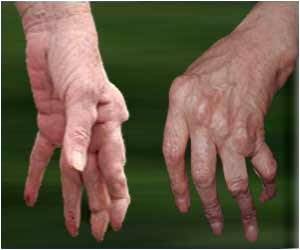Household bleach effectively decontaminates the food preparation surfaces in homes, restaurants and processing plants that are tainted with ricin.

"This discovery is important because it provides a practical, readily available way to inactivate ricin on food processing equipment in the event of an intentional contamination event," said Lauren Jackson, Ph.D., who reported on the research. "It is the first study to explore ricin decontamination in the presence of food, and it shows that household bleach is effective."
Jackson and colleagues prepared solutions of bleach and two other substances routinely used at food processing plants to disinfect counters, machinery and other surfaces that may contain harmful bacteria or viruses. The other disinfectants were peroxyacetic acid (PAA) and so-called quaternary ammonium compounds. In one set of experiments, they tested the substances on discs of stainless steel smeared with milk-based infant formula, pancake mix, peanut butter and other foods that contained ricin. They also tested the three disinfectants on a "control" solution containing ricin, but without any food, to make sure it was the disinfectants that inactivated ricin and not something present in the foods.
Household bleach turned out to be the most effective anti-ricin agent. Bleach significantly reduced the toxicity of ricin within five minutes, noted Jackson, a research food technologist with the U.S. Food and Drug Administration in Summit-Argo, Ill. Bleach completely eliminated ricin in the "control" samples using just a small amount of bleach. PAA also showed effectiveness, but less so than bleach.
Source-Eurekalert







